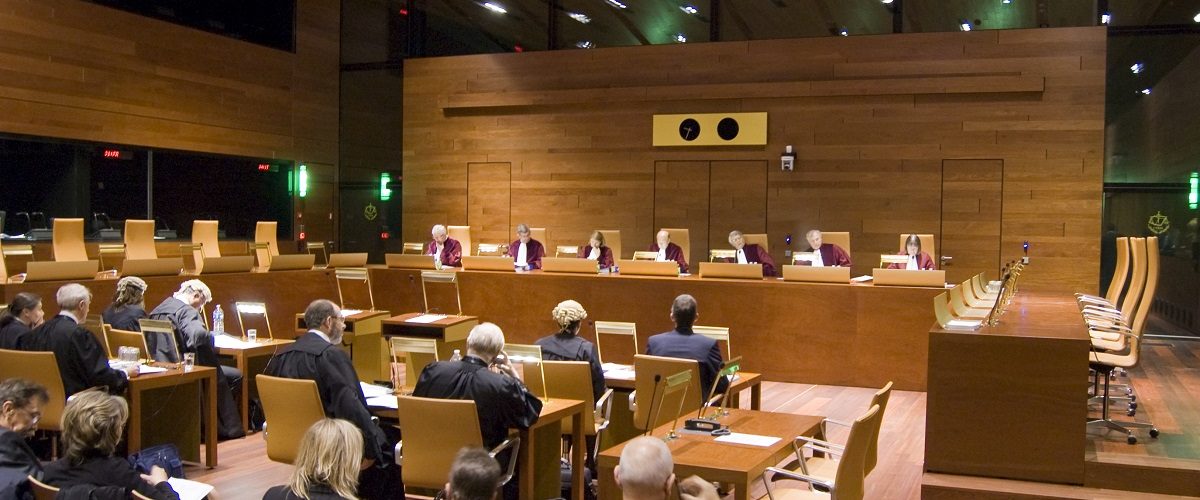It’s going to be an interesting week at the ECJ…
Judgement in the Terracult (C-835/18) case. This case is about the denial of correction invoices after assessment has already been imposed. See our post about the AG’s opinion HERE. The AG concluded that a Member State should allow the correction of invoices in respect of transactions carried out during a period which was the subject of a tax inspection, following which the tax authorities issued a tax assessment that has become final, where, after the issue of the tax assessment, additional information came to light which would give rise to the application of the reverse charge mechanism. A Member State can only refuse this in case of bad faith, abuse of rights, or tax fraud.
Judgment in the case C-215/19 (Veronsaajien oikeudenvalvontayksikkö (Service d’hébergement en centre de données)). Our previous post about the questions that were raised to the ECJ can be found HERE. This case is to determine whether colocation services (computing centre services of the type at issue in the main proceedings, with which a trader provides its customers with equipment cabinets in a computing centre for holding customers’ servers together with ancillary services) should be classificied as the leasing or letting of immovable property. The ECJ will decide on this matter without the feedback of an AG. Although this case focuses on the place of supply rules, this is also an interesting question from a VAT exemption (for lease of immovable property) viewpoint.
Judgment in the case C-231/19 (Blackrock Investment Management (UK)). The AG previously concluded that a single supply of management services, such as that at issue in the main proceedings, which is provided by an IT platform belonging to a third-party provider to a fund management company and includes both special investment funds and other funds, does not qualify for the VAT exemption for the management of special investment funds. See our post HERE. The referring court had already concluded that the IT services should be regarded as management in the sense of the fund management exemption. However, the AG advised that Blackrock performed a composite service, which consisted partly of the management of special investment funds, but also partly of the management of other funds. The AG feels that in this case (although there are opposite examples) it would not be correct to apply multiple VAT treatments to one composite service as this would be against the nature of the VAT regime and make it unworkable. It should also be noted that Blackrock did not provide sufficient details that would allow to split the fee. As a result, the service is treated as a whole, and as a part of the service is performed to a non qualifying fund, the conditions for the exemption are not met, and the VAT exemption cannot be applied.
Opinion in the joined cases C-245/19 and C-246/19 (État du Grand-duché de Luxembourg (Droit de recours contre une demande d’information en matière fiscale)). This is not a specific VAT case. The referring court wishes to know how to interpret the Charter of Fundamental Rights of the European Union in the context of the procedure for the exchange of information based on Council Directive 2011/16/EU of 15 February 2011. Is a third party allowed to appeal against a such a request for information? Should the tax authorities show that there is a foreseeable relevance?















